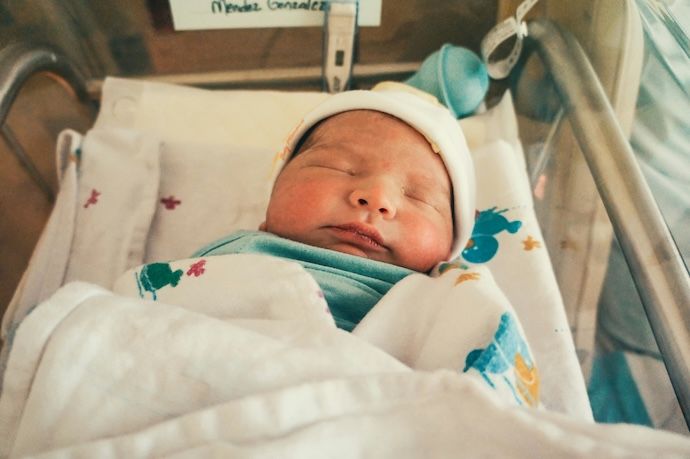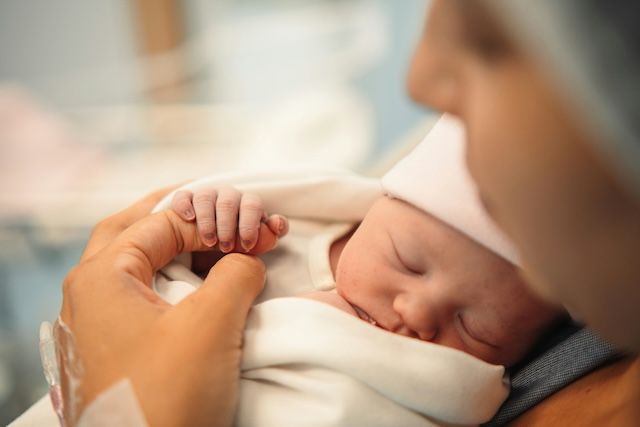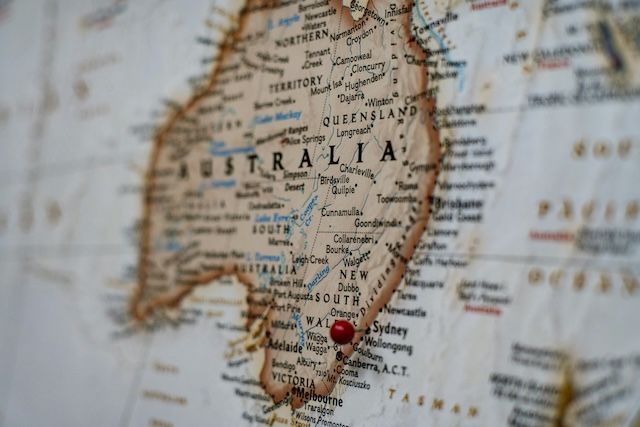Malaysia Advances Maternal and Child Health Through Policy, Innovation, and Community Action
Malaysia strengthens maternal health with reforms, innovation, and community action to ensure safer births for all women.
Malaysia has entered a new phase in maternal and child health, combining national policies, medical innovation, and grassroots action to reduce risks in pregnancy and childbirth while improving long-term well-being for women and infants. The disruptions caused by the COVID-19 pandemic had left visible marks on the healthcare system, but recent reforms demonstrate resilience and renewed commitment to safe motherhood.
Stabilizing Maternal Mortality Ratios
In 2021, Malaysia’s maternal mortality ratio (MMR) rose sharply to 68.2 deaths per 100,000 live births. Restrictions during pandemic lockdowns limited access to antenatal care and emergency services, leading to preventable losses. By 2022 and 2023, however, the situation improved markedly, with MMR returning to pre-pandemic levels of 26.0 and 25.7. While this progress is encouraging, experts from the United Nations Population Fund (UNFPA) caution that preventable conditions such as anaemia, obesity, gestational diabetes, and hypertensive disorders remain prevalent. These complications drive Malaysia’s relatively high “near-miss” ratio—cases in which mothers survive life-threatening events but reveal shortcomings in quality of care compared to high-income countries.
A Shift to Holistic Maternal Health
The Ministry of Health is broadening its approach, aligning with the World Health Organization’s campaign Healthy Beginnings, Hopeful Futures. Initiatives now go beyond mortality reduction and include universal first-trimester antenatal visits, wider pertussis vaccination (Tdap) for newborn protection, expanded hepatitis B screening, and targeted strategies against maternal anaemia. This holistic agenda reflects an effort to secure healthier beginnings for mothers and children alike.
 Photo by Gabriel Tovar
Photo by Gabriel Tovar
Expanding Maternal-Foetal Medicine Services
Malaysia faces rising numbers of high-risk pregnancies. Nearly 20 percent of expectant mothers experience gestational diabetes, while obesity is increasingly common. To address this, the government is scaling up maternal-foetal medicine units, introducing genetic screening and advanced foetal imaging, and investing in specialized training for healthcare professionals. Parallel to this expansion, neonatal intensive care and postpartum support systems are being reinforced, ensuring continuity of care from pregnancy through the postnatal period.
Unequal Burdens Across Regions
Despite national gains, disparities remain striking. The Department of Statistics Malaysia reports that states such as Terengganu (MMR: 11.5), Pahang, and Selangor (both 16.6) lead in maternal safety, while Kuala Lumpur (37.3), Sabah (36.6), and Kedah (38.4) record much higher ratios. This dual challenge of urban inequality and rural inaccessibility underscores the need for targeted outreach. Policymakers are therefore prioritizing telehealth platforms, improved obstetric emergency response, and tailored programs for Indigenous and migrant populations, who face structural barriers in accessing healthcare.
Community and Civil Society in Action
Beyond government programs, civil society actors play a vital role. Organizations such as Mercy Malaysia provide health education, psychosocial support, and direct outreach to vulnerable groups, including stateless women and migrants. These partnerships highlight how medical care must be integrated with social determinants such as nutrition, housing, and stigma reduction to deliver meaningful impact.
Looking Ahead
Malaysia’s trajectory points toward sustained improvements in maternal and child health, but key challenges remain. Reducing maternal and infant mortality further will require continued investment in antenatal quality, timely obstetric interventions, and expanded neonatal infrastructure. Equally important is postpartum support, including maternal mental health care and long-term monitoring of women with pregnancy complications. With continued alignment between policy, innovation, and grassroots action, Malaysia has the potential to build a maternal health system that ensures safer births and healthier futures for every mother and child.
Source: The Star Malaysia





